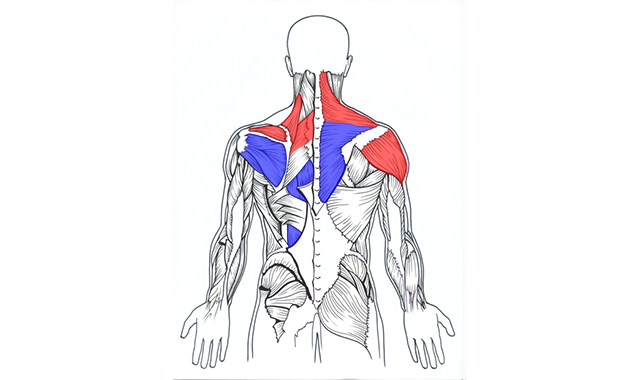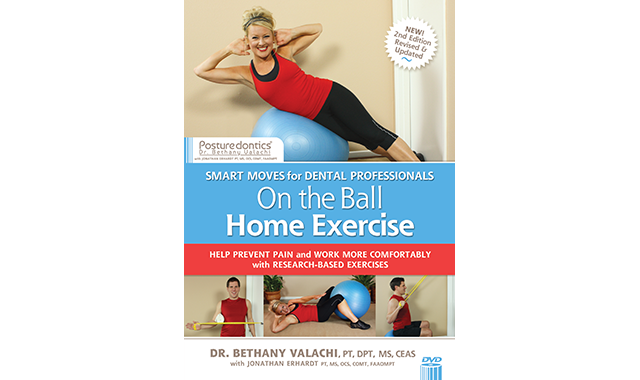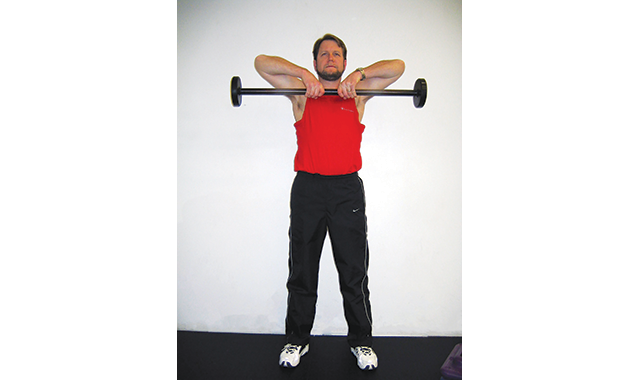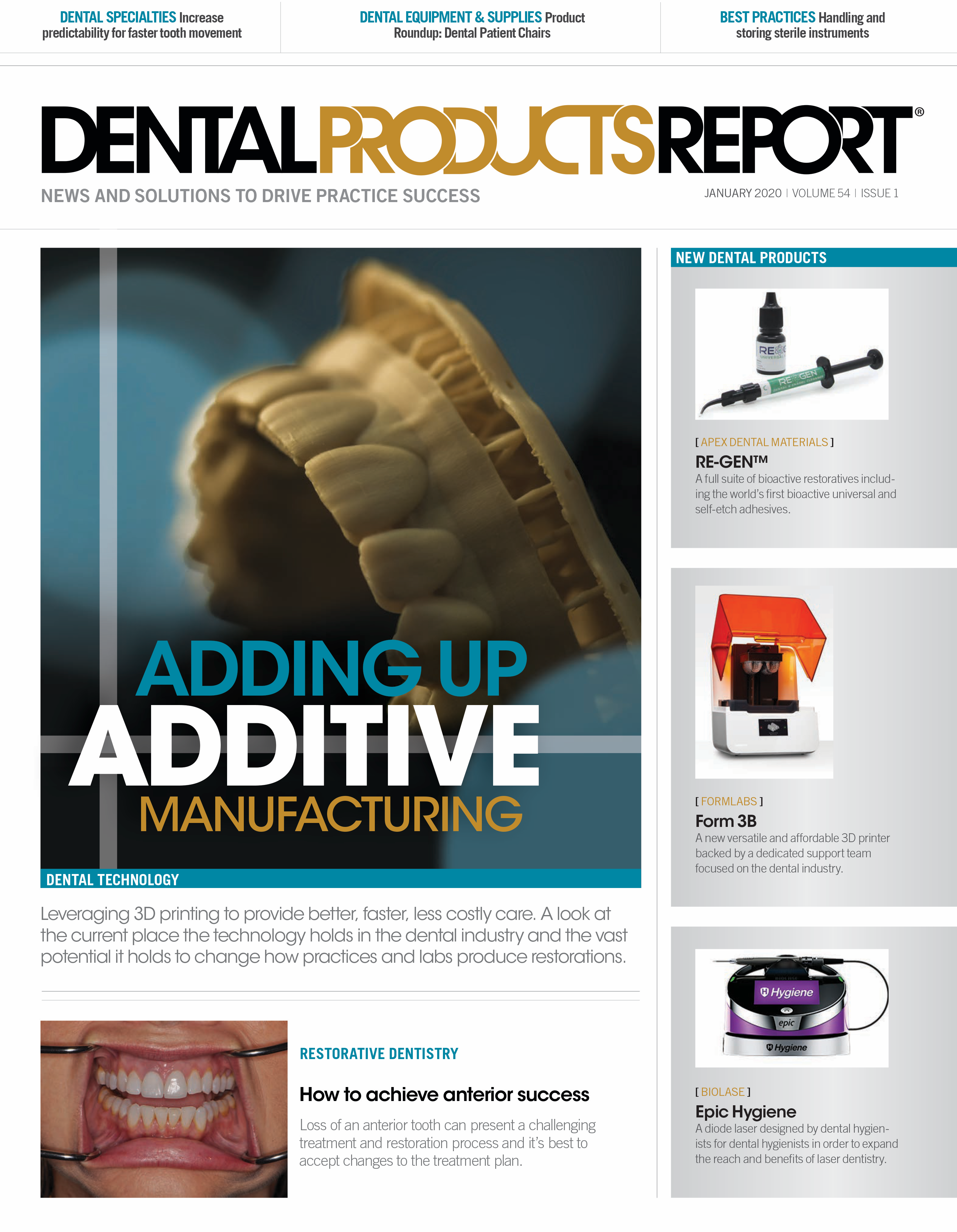Exercise for the New Year: Is a personal trainer the right choice for you?
Exercise is good for your health, but certain workouts can actually cause pain for the dental professional.

Exercise is good for your health, but certain workouts can actually cause pain for the dental professional.
Dear Bethany: I have been going to a personal trainer whom my friends have recommended as the “best in the area.” Since going to him, my neck pain has worsened. Could it be the exercises?Dear Doctor: You are wise to be concerned. While there are many excellent personal trainers out there, most of them do not understand the unique muscle imbalances to which dental professionals are prone. Therefore, an exercise that may be beneficial to the average person can throw a dentist into the vicious pain cycle.
One of the best examples of this that I see repeatedly among dentists with neck pain is the upright row, which can actually worsen neck pain in dentists. It should be removed from dentist’s exercise routine. While this exercise is usually fine for the average person, dentists are highly prone to an imbalance between the upper trapezius and middle/lower trapezius muscles.
(Fig. 2) Dental professionals should avoid excessive strength training on muscles that tend to become overworked, tight and ischemic (in red).

This is just one of several unique muscle imbalances to which dentists are predisposed. The reason the upper trapezius is so vulnerable to ischemia is because it is the most active muscle during the delivery of dental care, and it is also the most responsive muscle in the body to emotional stress. Your shoulder stabilizing muscles tend to fatigue quickly with forward head, rounded upper back, and elevated arm postures-all commonly seen among dentists. When these muscles fatigue, other muscles compensate and become overworked, tight and ischemic. One of these compensating muscles is your upper trapezius muscle (Fig. 2).
An effective exercise regimen for dentists will target specific shoulder girdle, trunk, and back stabilizing muscles without engaging the muscles that are prone to tightness and ischemia. This requires expert knowledge of biomechanics and kinesiology. In addition, specific muscles that are prone to tightness and ischemia must be targeted with stretching exercises and avoid over-strengthening.
Additionally, studies show strength-training or heavy weight training is not protective against pain syndromes caused by prolonged, static postures, as in dentistry. However, research shows a method called muscular endurance training can help dental professionals reduce neck, shoulder, and back work-related pain, but only if the technique is applied to the correct muscles.

Dr. Valachi’s CE Video Course, “Home Exercise for Dental Professionals” is the result of 15 years of research on the muscle imbalances of dental professionals. This evidence-based video addresses and corrects the painful muscle imbalances to which dentists are uniquely predisposed, enabling dentists to work with better posture without pain or fatigue. Concepts from muscular endurance training, yoga, and Pilates are fused with the latest research on dental ergonomics, neck pain, back pain, and biomechanics to produce targeted exercises that can change your life.
This online video course includes three complete exercise routines and describes which exercises, routines, and gym machines can worsen dentists’ health. Educational narrative throughout the course helps the operator apply concepts to his or her everyday practice. (The CE course is available at posturedontics.com. Enter Discount Code OTB2020 upon checkout to receive a Dental Products Report special discount.)
(Fig. 1) One exercise (of many) that can worsen pain in dentists and should be eliminated from their workout.

Conclusion
Embarking upon an exercise program requires prudence and discretion, considering team members’ predisposition to certain muscle imbalances. Selecting improper exercises can lead to imbalance, ischemia, and nerve impingement (Fig. 1). Developing balanced musculoskeletal health with an exercise program can help dentists prevent work-related pain, extend their careers, and improve their quality of life.
